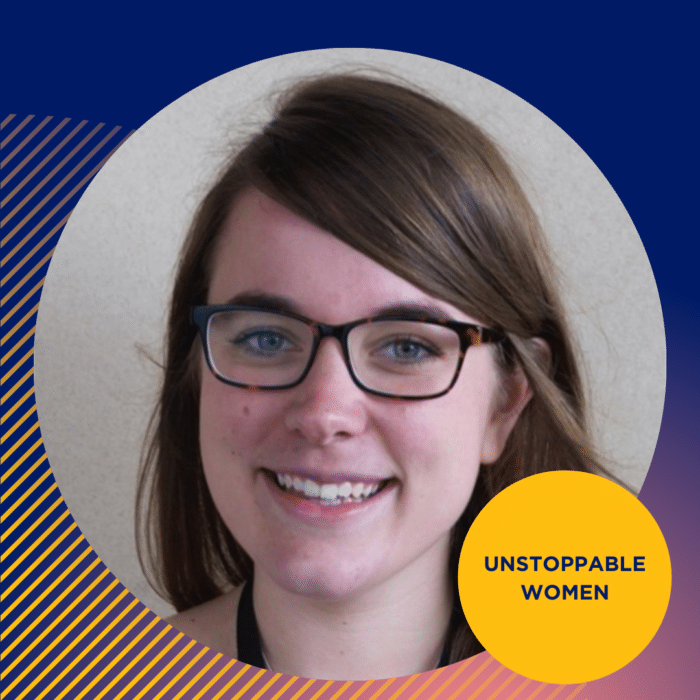“It is an exciting time to work in genomics and I love that our work is making a difference to patients and their families.” says alumnae and Senior Clinical Research Scientist, Caitlin Bennett (’09).
After finishing her undergraduate and several years as a Research Assistant Caitlin returned to university to do a Masters in Public Health. She now works as a Senior Clinical Research Scientist at the Melbourne Brain Centre, Austin Health. She is part of a large research team investigating the genetic basis of epilepsy.
How did Strathcona prepare you for your chosen career?
I had two teachers – Mr McDonald and Mr Wriedt – who really sparked my interest in Science and Mathematics. Year 12 Chemistry in particular cemented my love of science and introduced me to the scientific method and critical thinking.
What did you study?
I completed a double degree in Arts and Science at Monash University, and Honours in Psychology. I returned to study after several years in the workforce to do a Masters in Public Health at The University of Melbourne.
When did you decide that this is what you wanted to do?
I was always interested in health and science but didn’t know exactly where this would take me. I did my Year 10 work experience in a research laboratory which gave me a great insight into medical research, but it made me realise that the laboratory environment wasn’t for me. It wasn’t until I was at university that I realised I could work as a scientist and work directly with patients and families, which led me into clinical research.
What are your career highlights?
In 2016 I presented my research to 200+ people at a conference in Canberra. I have never enjoyed public speaking so I was terrified, but the presentation was a huge success, sparking a new research collaboration which continues to this day!
What do you enjoy about your job?
I love that every day is different. I have the opportunity to work with a range of different collaborators, both local and international. I also enjoy the problem-solving that comes with science; thinking through an issue and coming up with innovative solutions!
What core attributes do you need for your chosen career?
Key attributes in science are critical thinking, attention-to-detail, and strong communication skills. Knowledge can usually be learned on the job – I knew nothing about epilepsy when I started! – but a willingness to learn and curiosity are important.
What advice would you give to someone looking to start in your industry?
Science is diverse and offers a wide range of rewarding careers, spanning many different industries and professions. My advice would be to keep an open mind, and make the most of opportunities as they arise – you never know where your next step may lead you.


